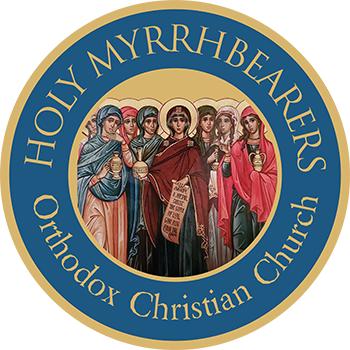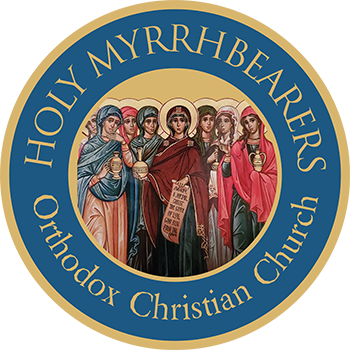February 21, 2018

As we enter into the Lenten season, there are loads of articles and information to read to steer us in the direction of working out our Repentance. This article was written as Pastoral advice for the ones who shepherd a flock of believers. As I read the words Archpriest Andrei offered, I also noticed his commentary on today’s world and where we came from and am going to.
He gives us an edifying word on learning to cope in today’s ‘modern’ world especially during the Great Lent, though, not really just for Great lent, but for our day by day struggle through-out the year. Maybe his words of encouragement may help us to understand that God and His Church come first! Maybe his words of encouragement will help us to manage our day to day world as Orthodox Christians striving toward becoming more like Jesus our Christ.
Just maybe we can slow down and read and comprehend what he is telling us. Then we can act!!
Lenten pastoral advice from Archpriest Andrei Tkachev, rector of the Church of the Resurrection, Moscow:
Comments will be approved before showing up.

